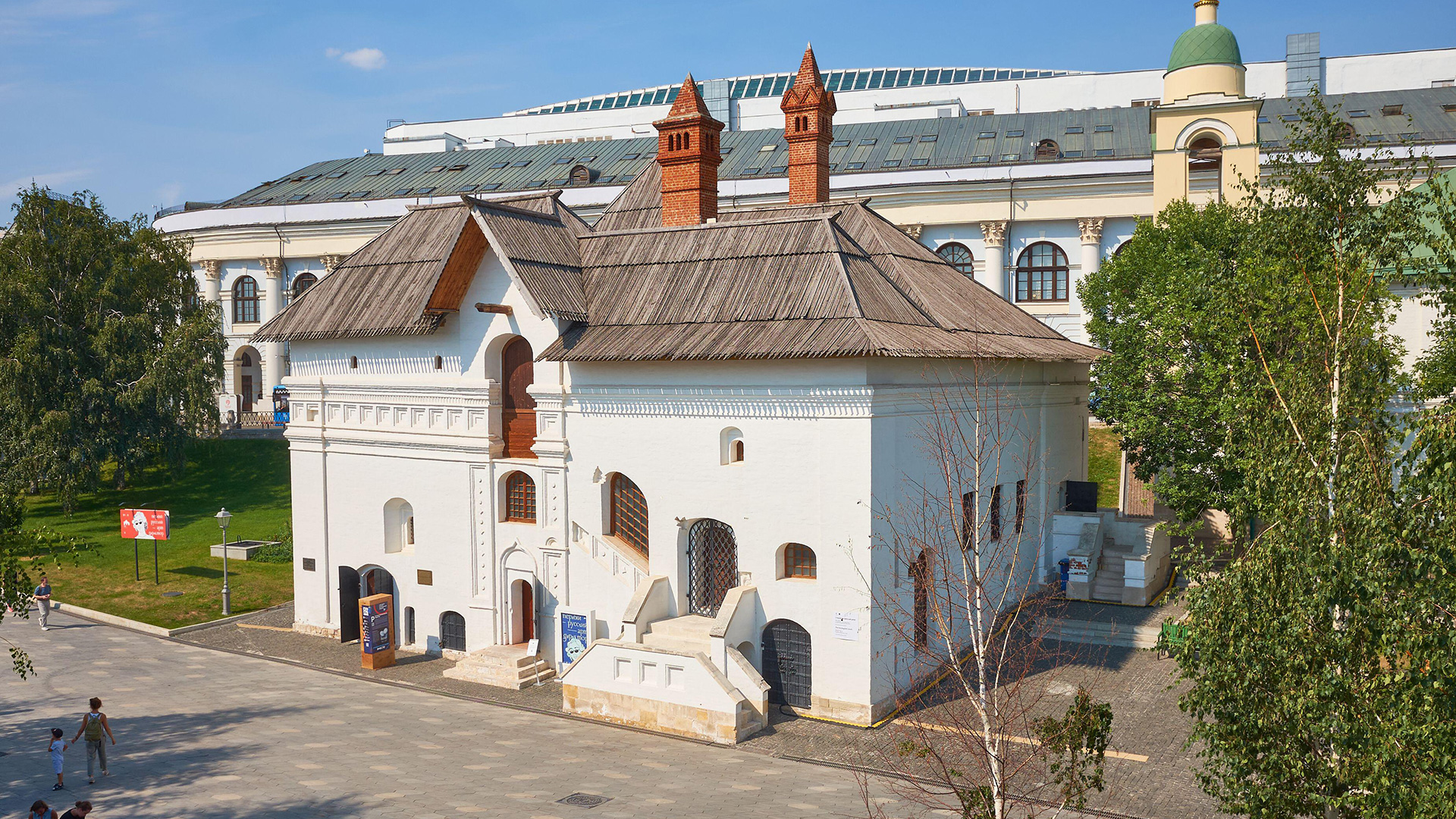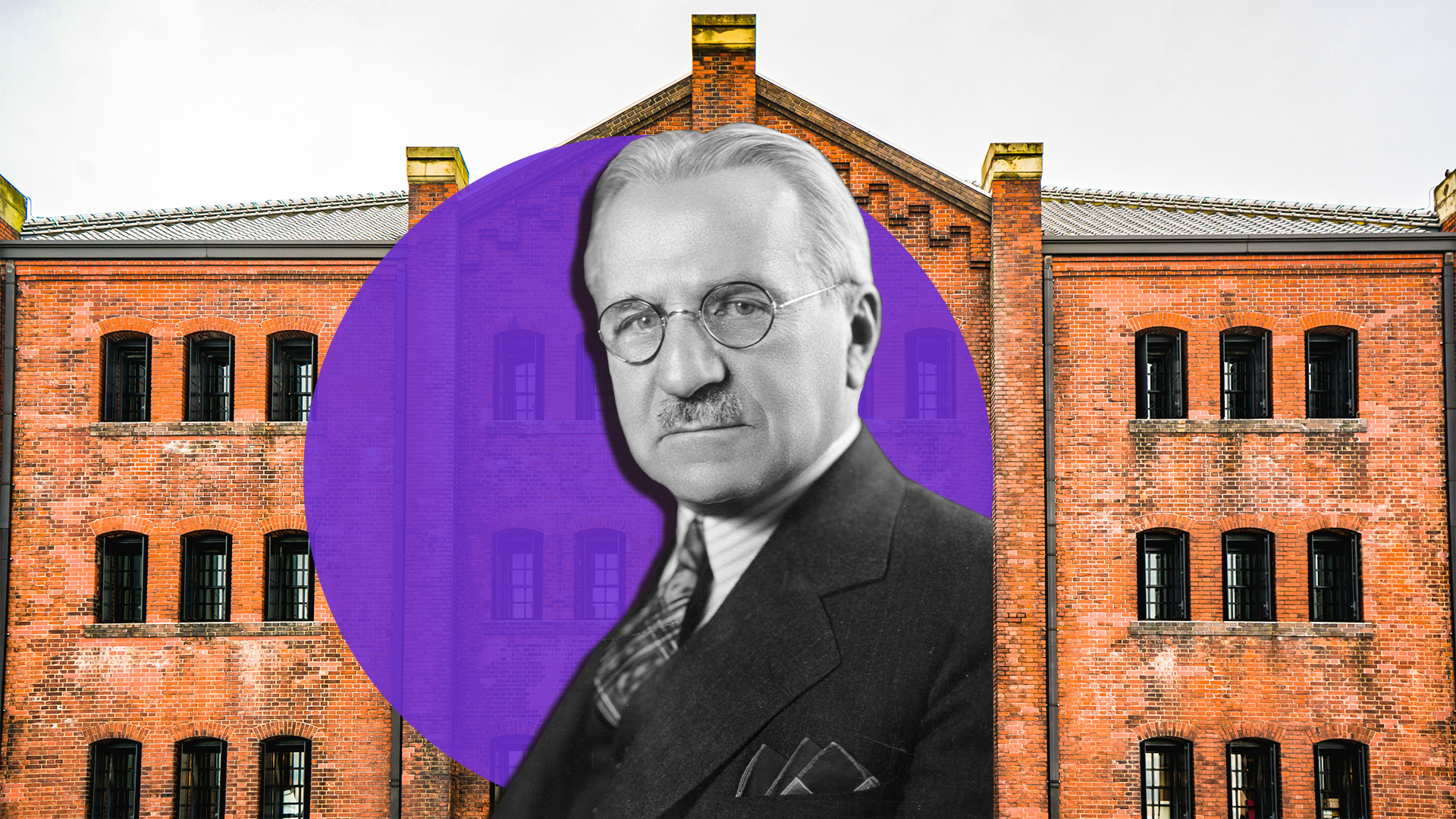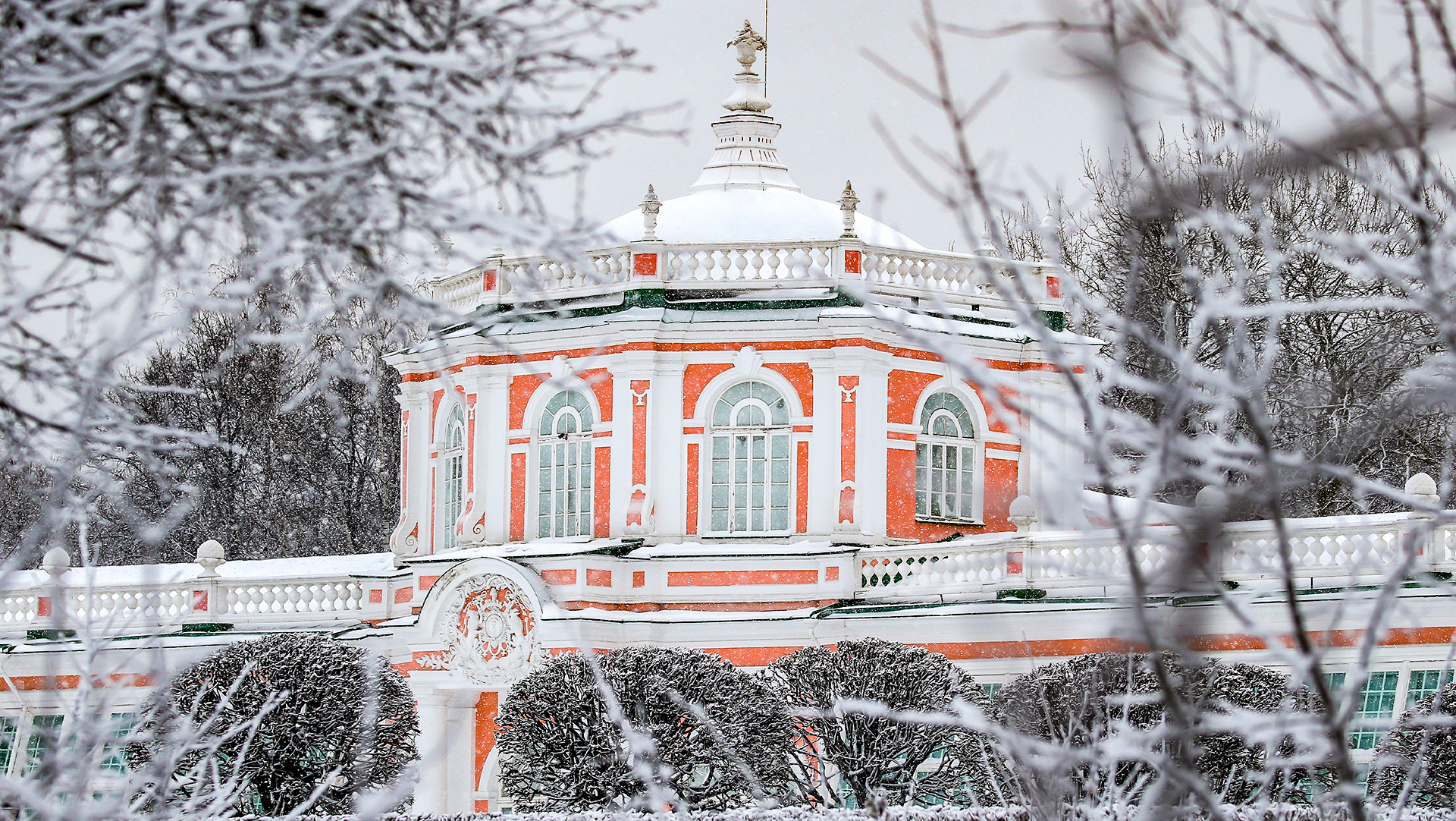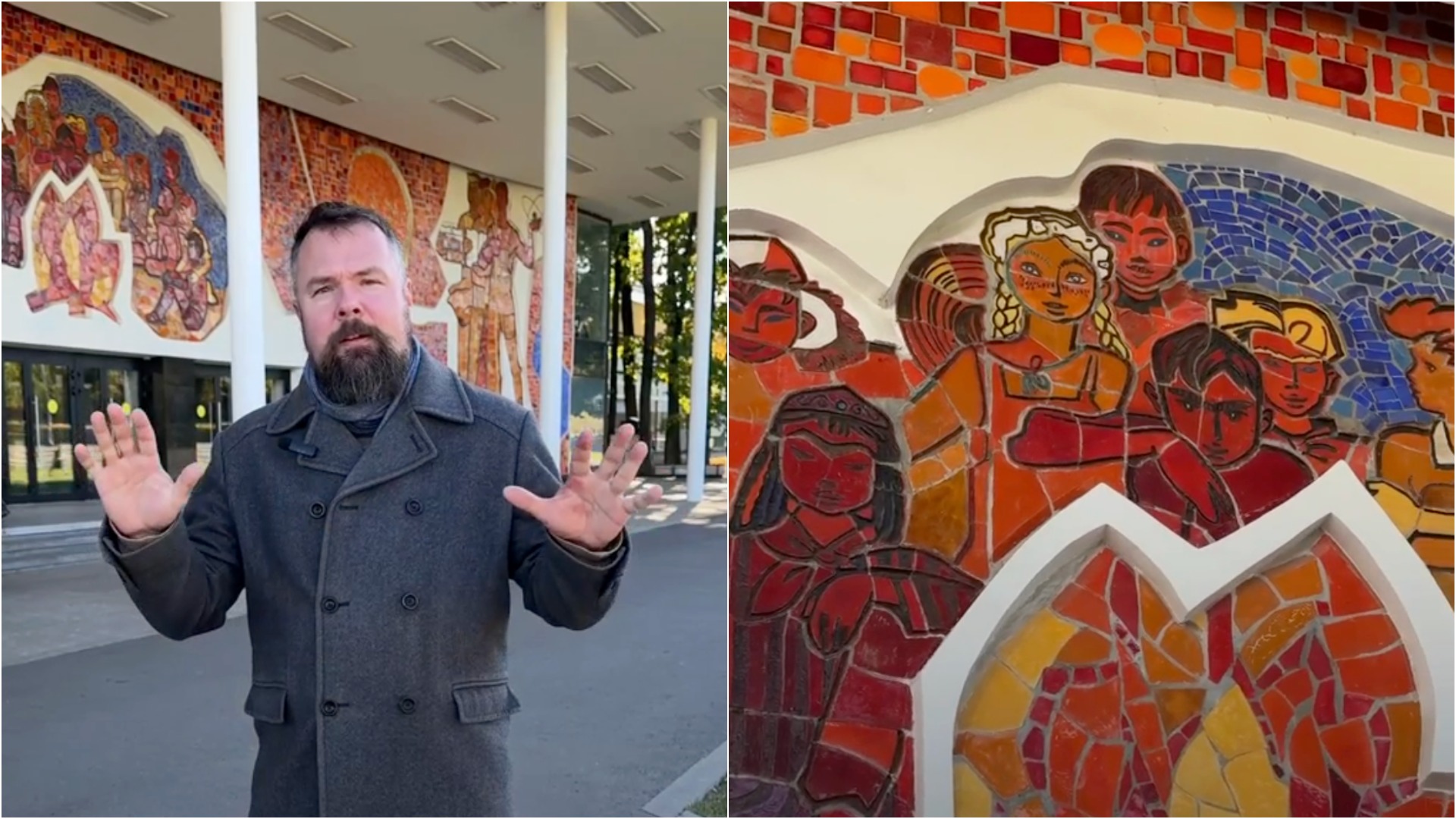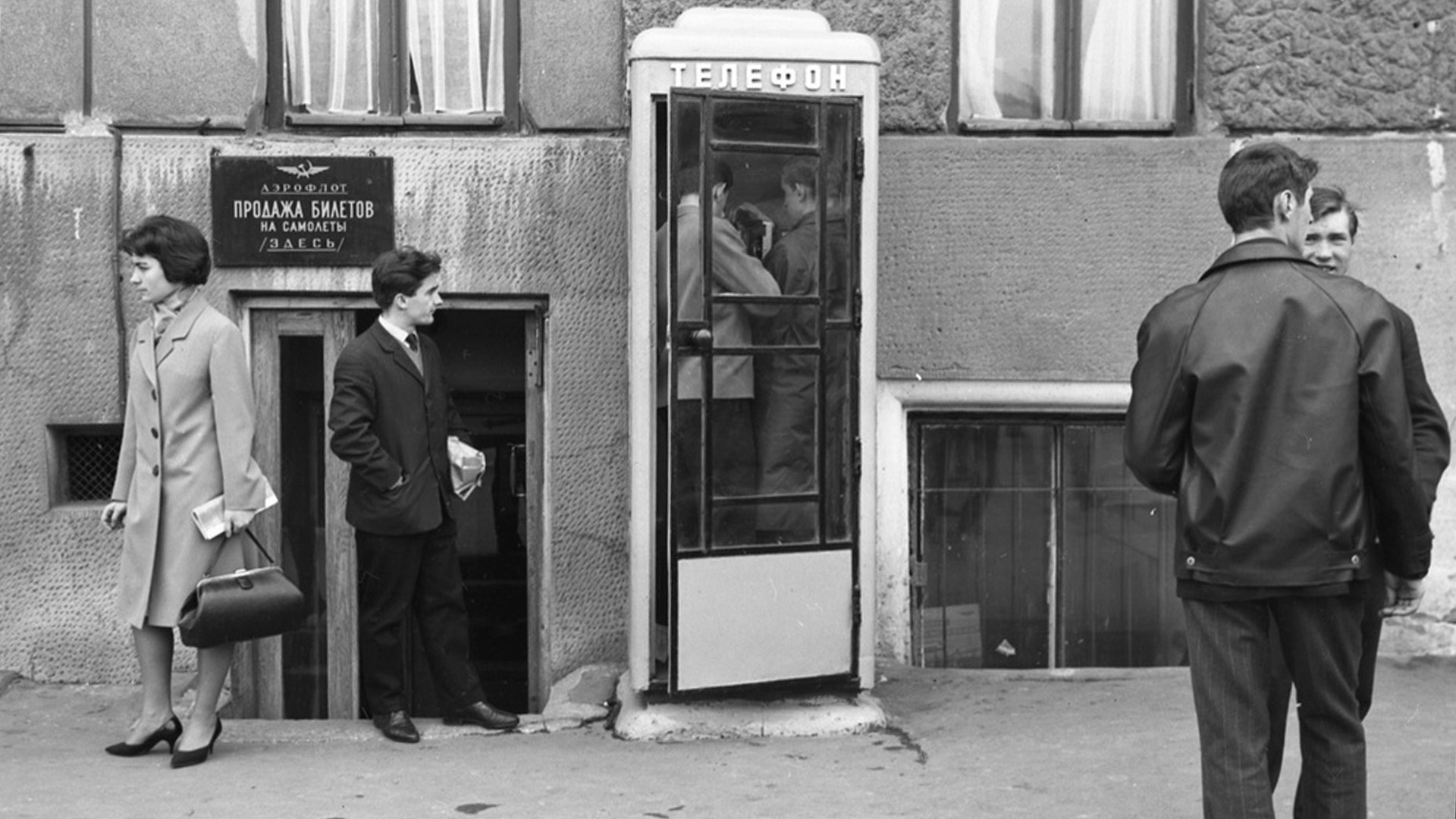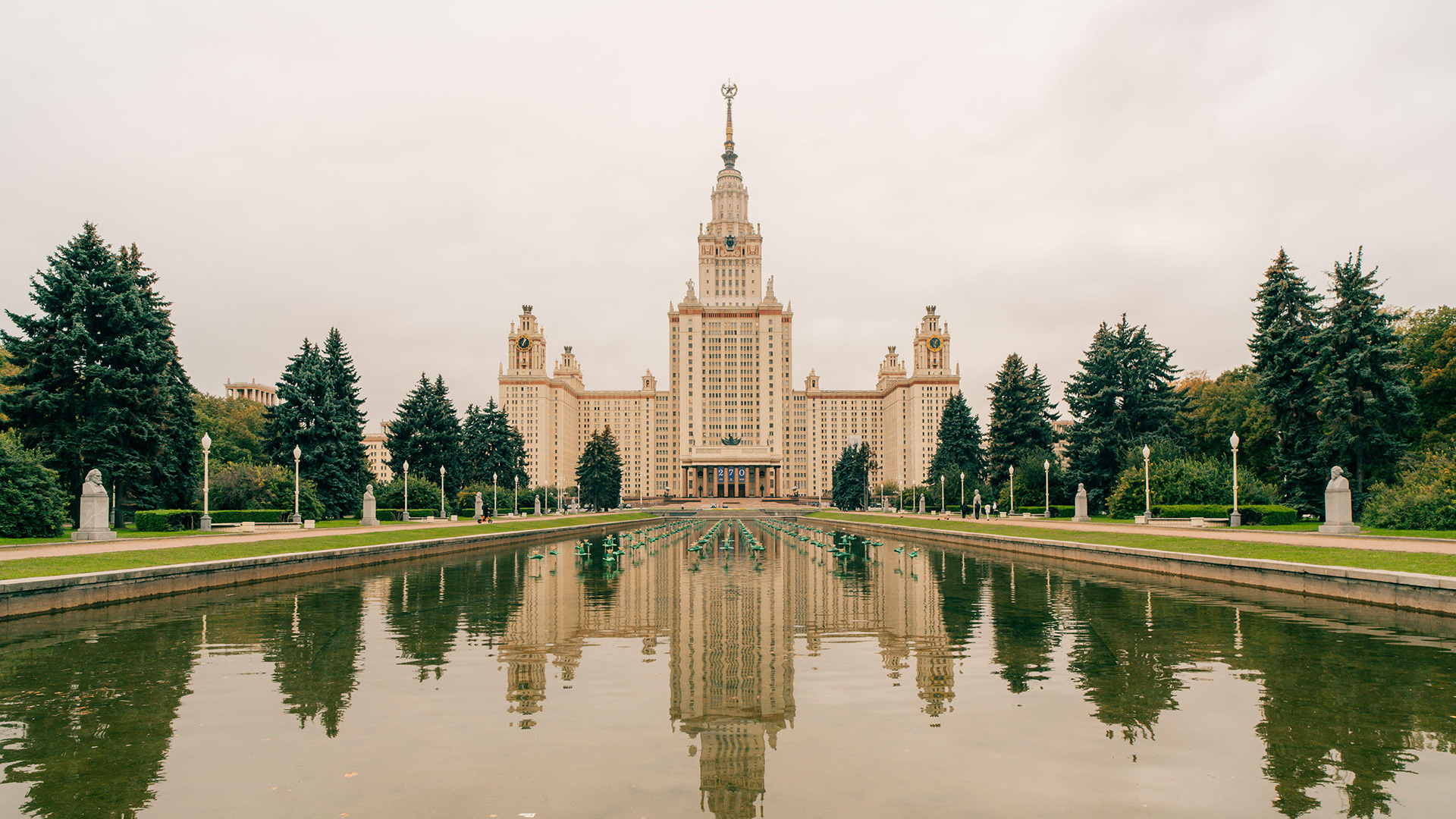
What the ‘Egyptian Pavilion’ at the Ostankino Estate in Moscow looks like
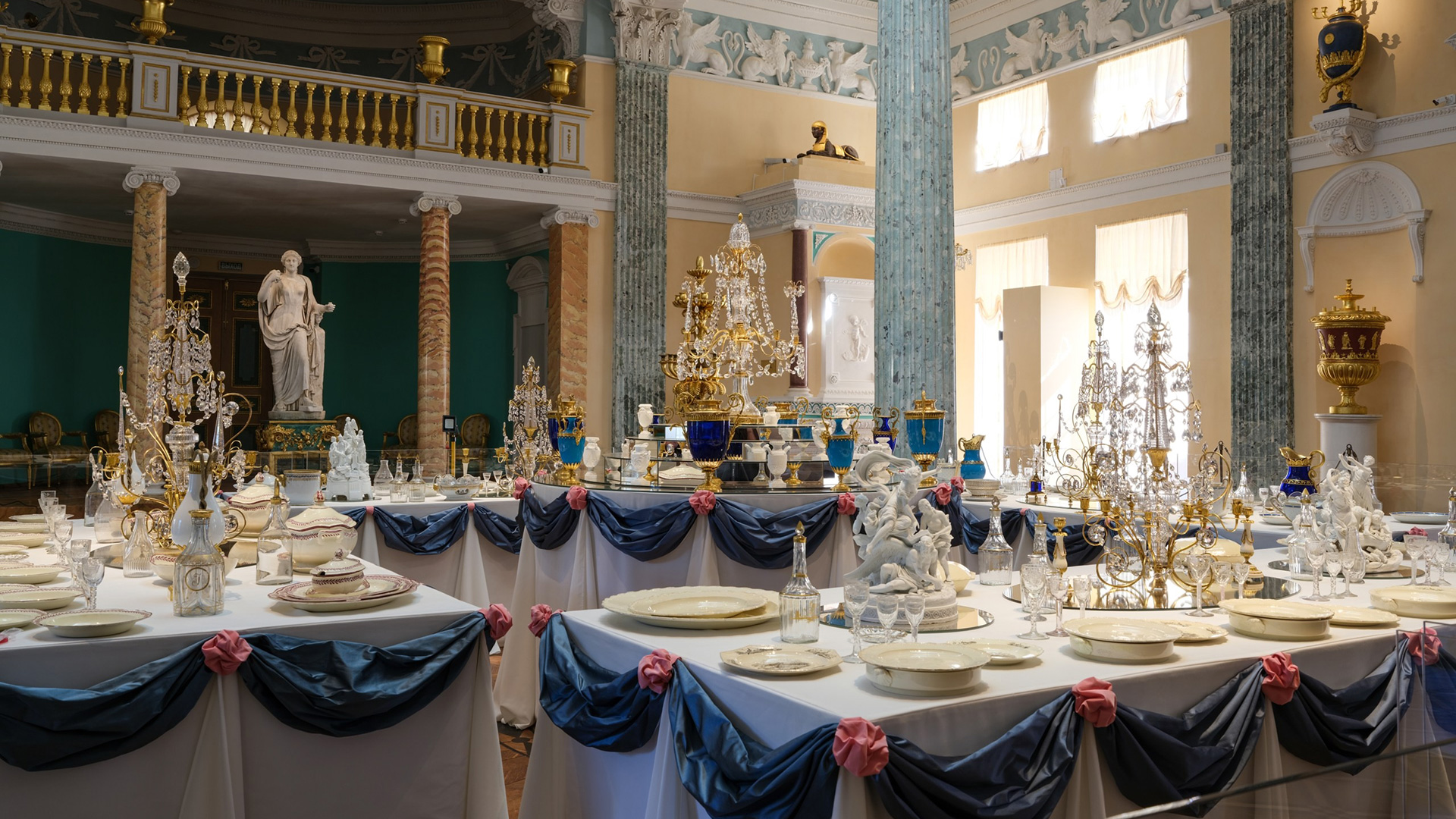
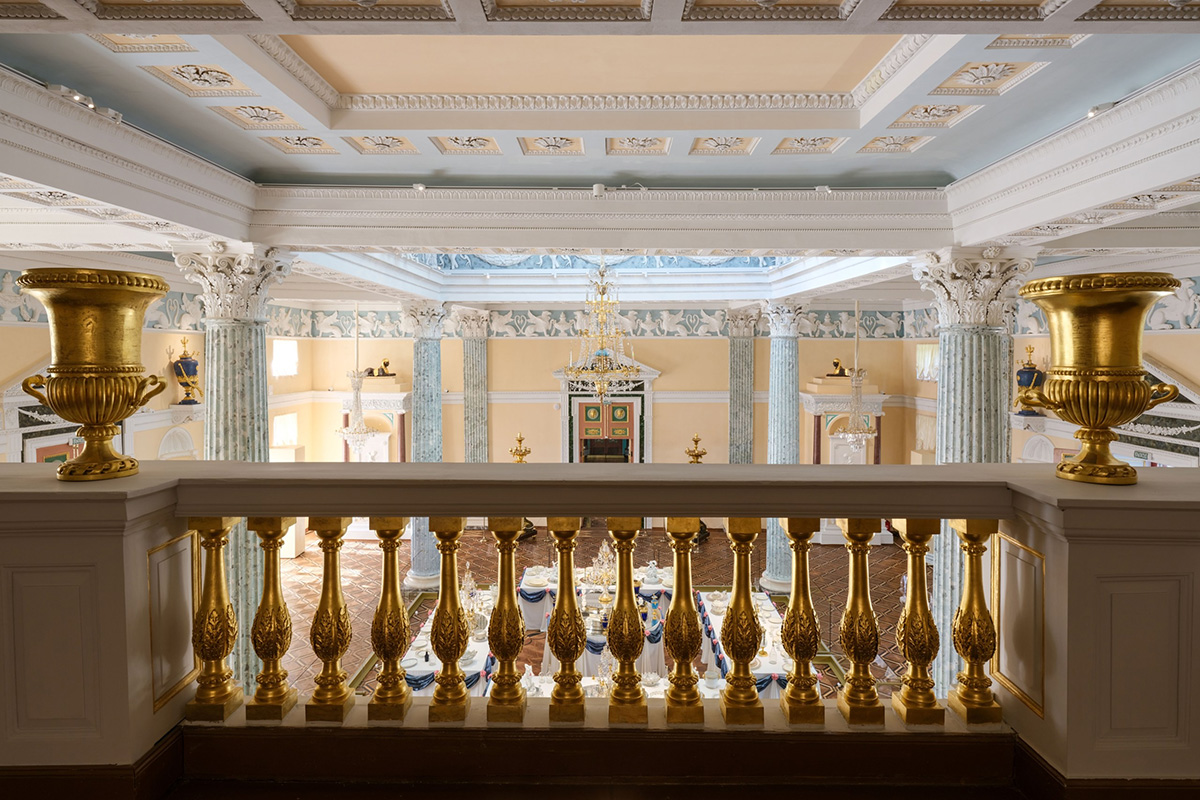
The pavilion itself was built in 1795 as a transformable hall: It could be used as a formal dining room, a concert hall or a performance space. The interior was designed by Vincenzo Brenna, court architect to Paul I and architect of the Mikhailovsky Castle, as well as the interiors of the emperor's residence in Pavlovsk. The building was restored using authentic palace inventories and archival documents from the late 18th century.
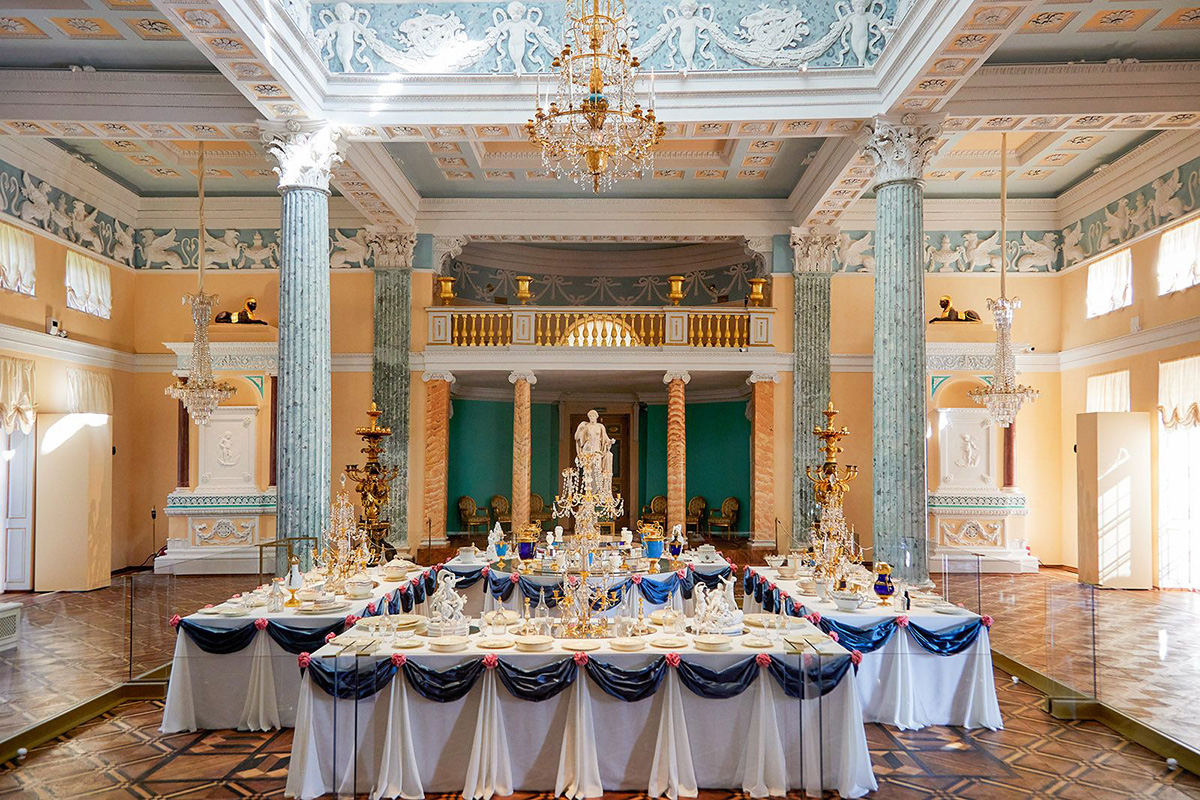
The Ostankino Estate has been closed for restoration for about 10 years. It was decided to reopen it in stages. The ‘Egyptian Pavilion’ was the first to open; it will run until November 5, 2025, with the ‘Visiting Count Sheremetev’ exhibition about the life of aristocrats. It will be closed for the winter season.
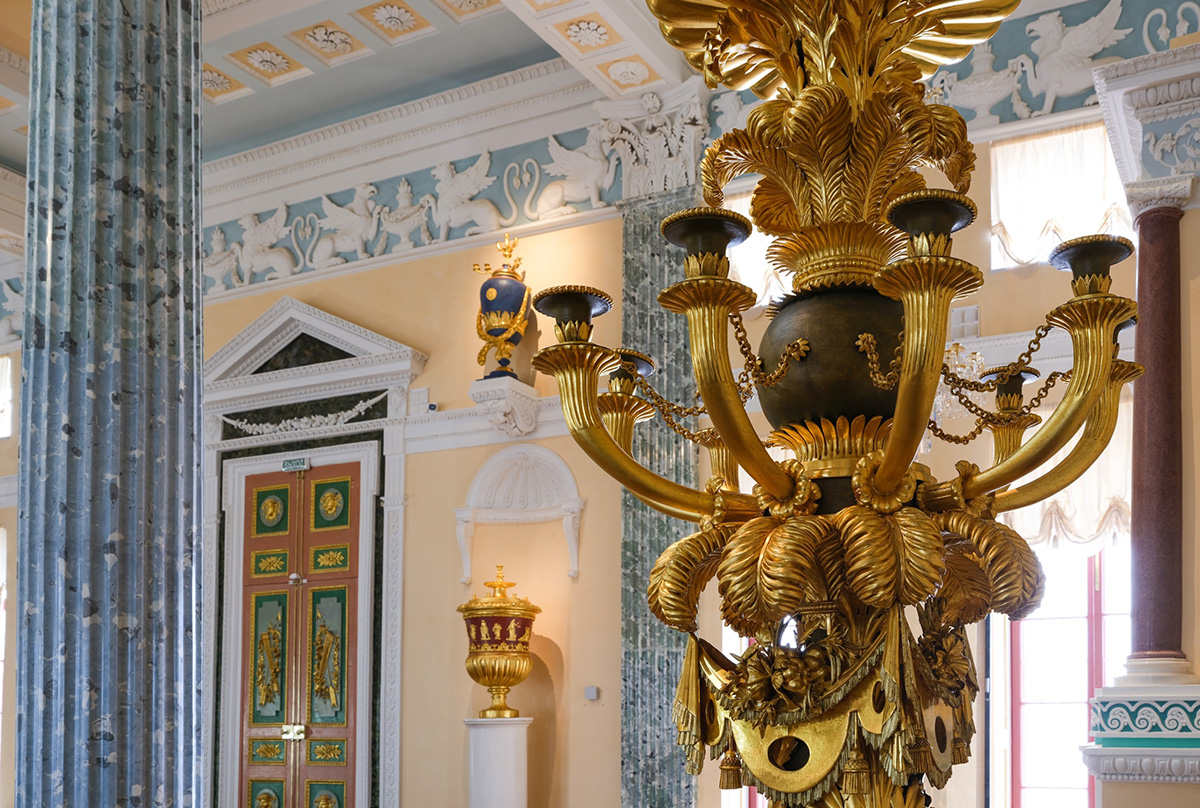
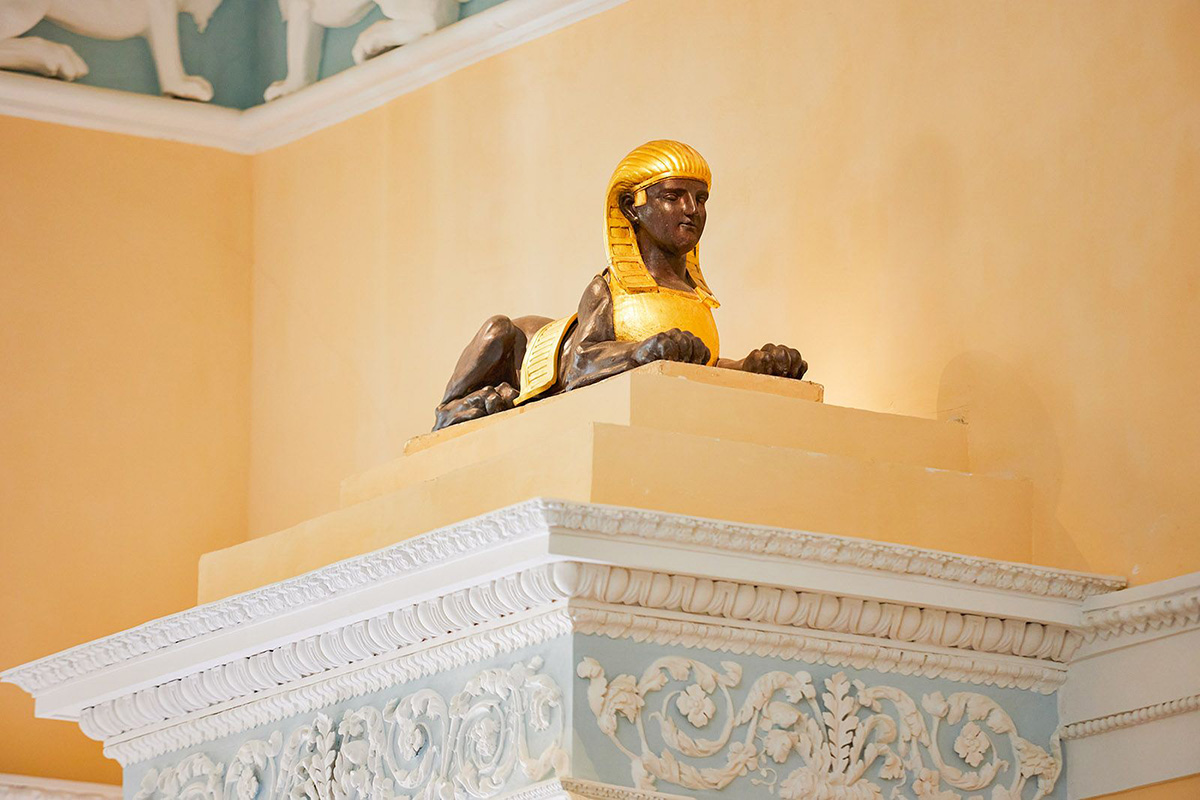
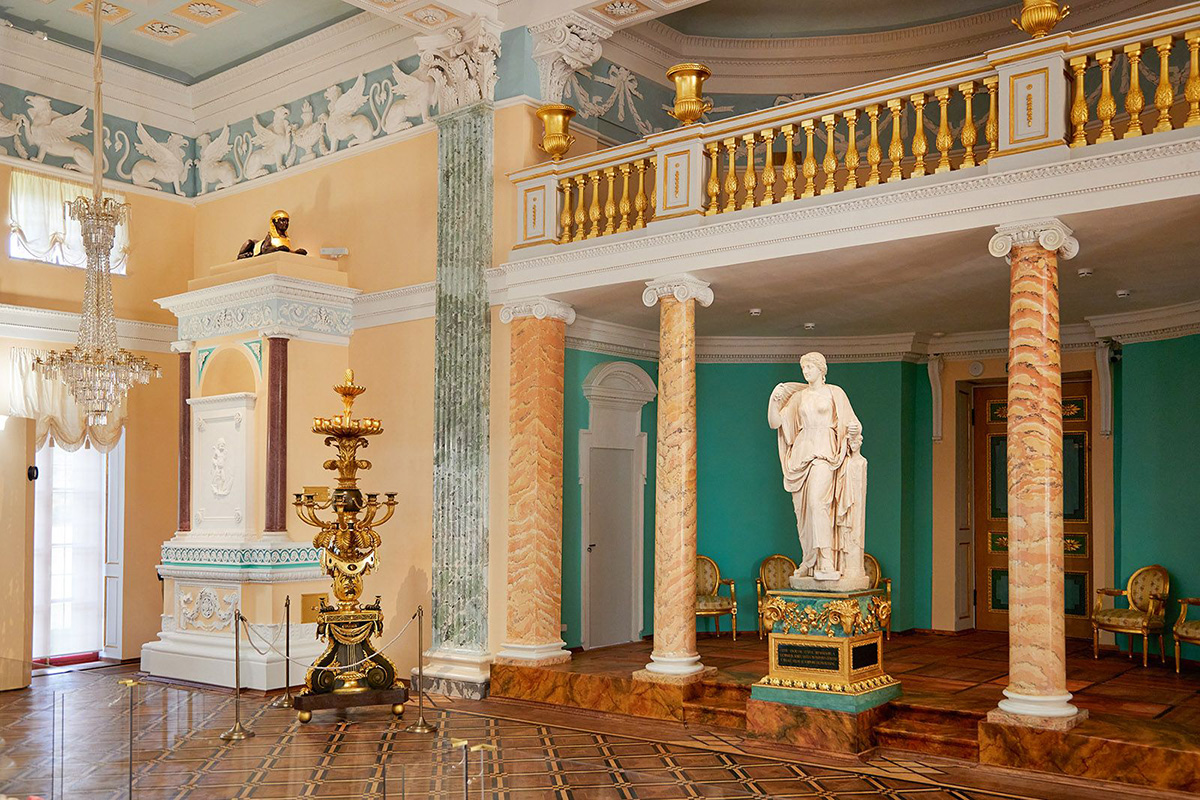
The Ostankino Summer Palace is built of wood. According to the plan of Count Nikolai Sheremetev, the estate's former owner, this material was intended to provide good acoustics for his famous serf theater and to seamlessly transform the palace's spaces during construction and, afterward, when the auditorium needed to be converted into a dance hall.


